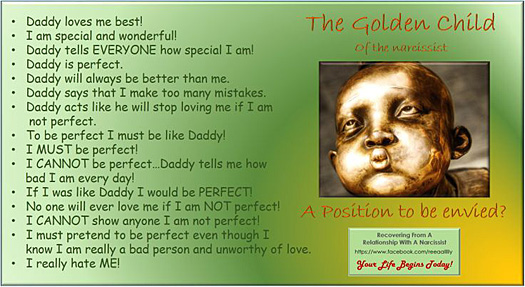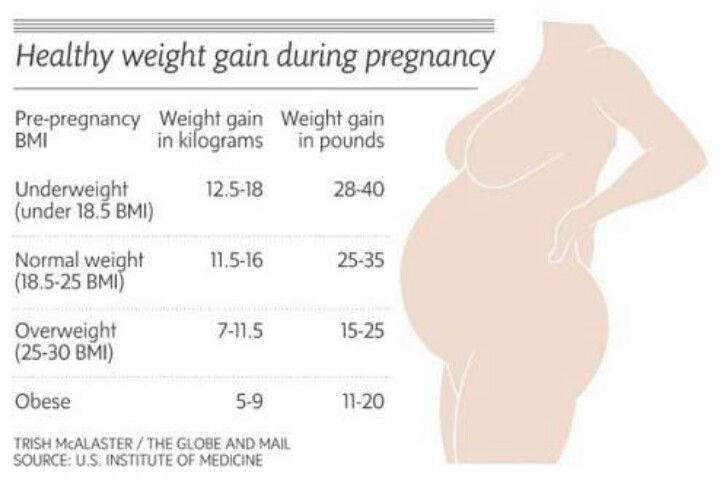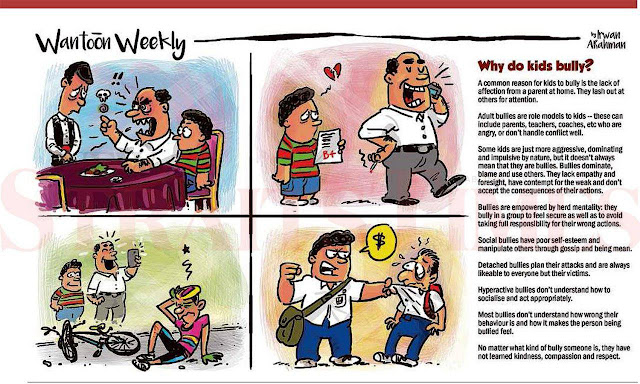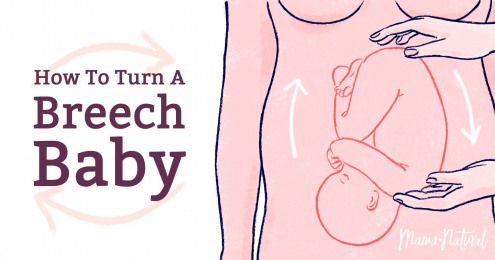How does favoritism affect a child
What To Do When Favoritism Is Shown To A Relative
Children can see and understand more than you think, especially when it comes to who is receiving the most attention. While admitting to having a “favorite” child is usually considered a parenting taboo, kids are often very intuitive about the existence of favoritism within their families. It may not be obvious to the parents that they are showing any bias, but when favoritism is shown to a sibling or another relative, children can detect it. This can affect their behavior and their relationship with the parent, other adults who display favoritism, and the relative who receives the favoritism.
Why Does Favoritism Happen?Family Dynamics Can Be Challenging
Get Support From An Online Therapist
Most parents try to keep it fair, but sometimes they inadvertently favor one child over another. For example, if one child is fussier than the other, you may prefer to be in the calmer child’s presence, unaware that your fussy child may become more disgruntled by the lack of attention. This is sometimes temporary and is not always damaging. But other times, displays of favoritism can become abusive to nonpreferred children and cause long-term damage to family relationships.
Favoritism is not always an issue of temperament or interests. Parents may play favorites by necessity when one child has more needs than another. Newborns and children with either acute or chronic illnesses have a legitimate need for more care and attention than their siblings. In these cases, even children who understand that their siblings have particular needs and challenges may find it difficult not to resent the drain on parental resources.
The Effects Of FavoritismFavoritism does not just negatively affect those who are not receiving as much attention but those who are spoiled by it as well. Favoritism can cause a child to have anger or behavior problems, increased levels of depression, a lack of self-esteem, and a refusal to interact well with others. These issues appear in children who were favored by a parent as well as those who were not.
Anger is a common and understandable reaction to favoritism. Unfavored children may be angry at the parent who is showing favoritism, but they may also displace that anger onto the favored sibling. In some cases, the favored sibling feels this anger and resentment from their siblings and comes to feel their own anger toward their parents for putting them in this position. This can be a highly toxic dynamic for a child, as they crave the continued indulgence of their parents while feeling resentful toward them for cutting them off from their siblings.
Depression later in life is another common effect of favoritism in a family. Unfavored children may never get enough of the parental affirmation and affection that they crave, and as a result, may grow up looking for other people or things to fill that void. They may even start to think of themselves as unlovable. A child who is the favorite, on the other hand, grows up with their own tensions. They may feel a lot of pressure to stay in their parents’ good graces, not wanting to lose the special status that they have been granted. This can also inhibit their ability to detach from their parents and build their own, psychologically independent self.
They may feel a lot of pressure to stay in their parents’ good graces, not wanting to lose the special status that they have been granted. This can also inhibit their ability to detach from their parents and build their own, psychologically independent self.
Persistent, entrenched favoritism in a family, as opposed to brief, situational favoritism, has adverse effects on relationships within the family and on the future relationships of all siblings involved.
Within the family, favoritism from parents or other adult relatives can lead to tension and resentment between siblings and their parents. These negative dynamics are not restricted to childhood but can persist into adulthood.
Outside of the family, favoritism can affect a person’s ability to form close, supportive relationships. Unfavored children are more likely to exhibit aggression and inappropriate social behavior that make it difficult for them to make friends with other children.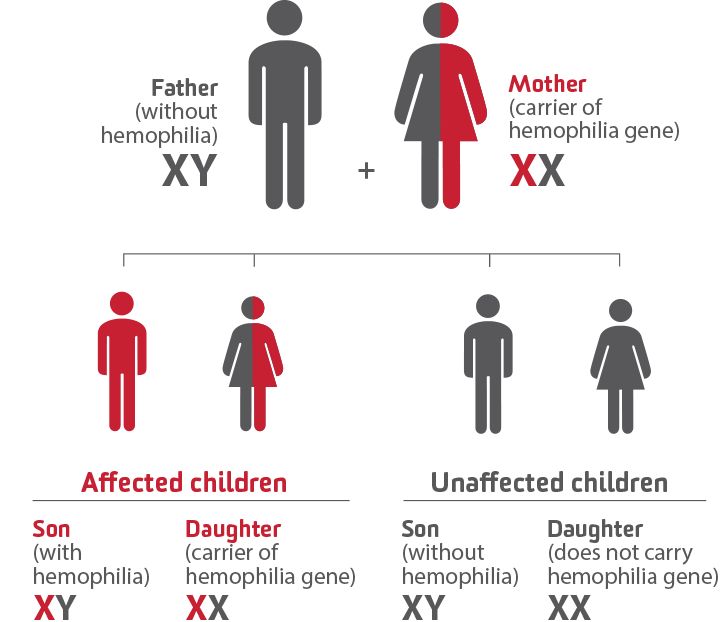 Even other adults may tend to avoid forming close connections with them. Favored children, on the other hand, can become entitled. As adults, favored children are sometimes unaware that they need to follow the same social standards as other people. Their parents, after all, didn’t hold them to the same expectations as their siblings.
Even other adults may tend to avoid forming close connections with them. Favored children, on the other hand, can become entitled. As adults, favored children are sometimes unaware that they need to follow the same social standards as other people. Their parents, after all, didn’t hold them to the same expectations as their siblings.
Intimate relationships can be especially challenging for children from families where favoritism is an entrenched dynamic. Giving and receiving love requires vulnerability, and children who grew up unfavored often develop defenses against true vulnerability. In many cases, the persistent love and care of a dedicated partner can help them to learn this vulnerability. Other people can benefit from the services of a therapist to help them lessen these defenses.
Effects Of Favoritism On Life SuccessFavoritism within a family can have long-term effects on the future success of the children involved. Sometimes this effect is somewhat positive, such as in the case of the favored child.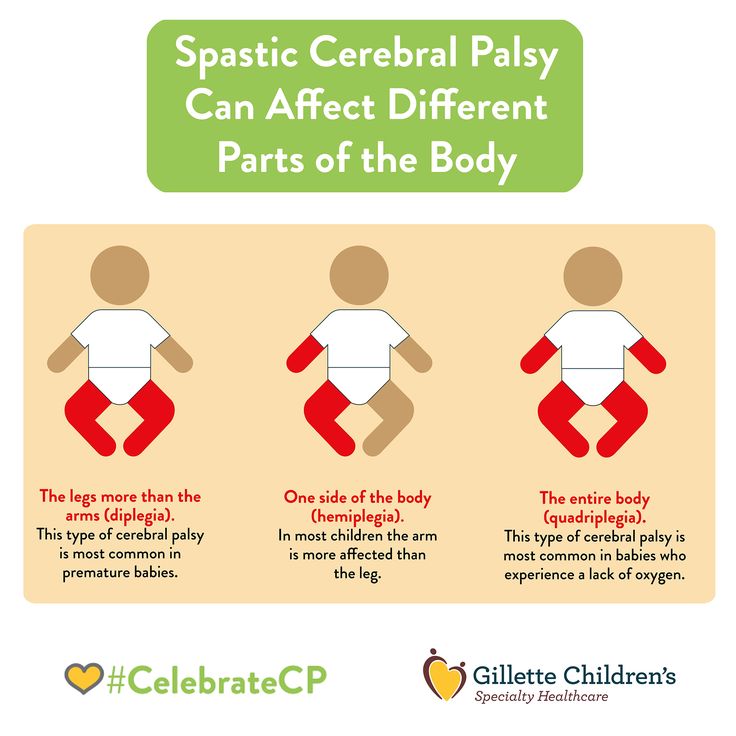 If they grow up thinking of themselves as competent, bright, and capable, this often translates into a promising future. However, being favored isn’t always a good thing. Favored children can grow up with an inflated sense of their own capabilities and an underestimation of the utility of hard work. Being the favored child can also foster an over-reliance on parents for validation and support. Finally, favored children are often robbed of some of the most substantial relationships in life – their siblings.
If they grow up thinking of themselves as competent, bright, and capable, this often translates into a promising future. However, being favored isn’t always a good thing. Favored children can grow up with an inflated sense of their own capabilities and an underestimation of the utility of hard work. Being the favored child can also foster an over-reliance on parents for validation and support. Finally, favored children are often robbed of some of the most substantial relationships in life – their siblings.
For unfavored children, the effects on life success can be even worse. They tend to perform worse at school, which may influence their job and career prospects. The emotional and behavioral problems that can go along with being unfavored can also negatively impact their ability to navigate the social, academic, and business worlds.
Whether you are a favored or unfavored child, a parent, or a relative looking on, it can be hard to know what to do when you see favoritism being shown. There are, however, some actions that can be taken by anyone to mitigate the effects of favoritism.
There are, however, some actions that can be taken by anyone to mitigate the effects of favoritism.
Sometimes, the appearance of favoritism is caused by legitimately differing needs between children. In these cases, there are several things that parents and other adults can do to help children who may be feeling less favored.
First, it must be made evident that the reason why a parent may pay more attention to one child is that the child has specific needs that the other children simply do not have. Most children can understand this when it is explained in an age-appropriate way.
Next, parents need to find a way to ensure that the needs of their other children are also being met. They can do this by blocking off some time for one-on-one play or an activity that the child enjoys. Other adults can also be enlisted for a short time to help provide the attention and affirmation that children need. In the long term, however, the family situation needs to be sustainable for all the children involved.
The most unfortunate kinds of favoritism are those that are not necessary for any difference in needs between children.
Sometimes there’s little to be gained from speaking directly to the parents or other relatives exhibiting favoritism. As an adult, however, you may be able to ameliorate the effects of favoritism on an unfavored child by offering them some of the unconditional love, support, and affirmation that they should be receiving. If you can extend the time and energy necessary, stepping into this role can have a profound effect on the child in question.
If you are a parent observing preferential treatment to one of your children from a grandparent or other relative, you should do what you can to put a stop to it. This may mean limiting contact between your children and this other relative. If you don’t address the favoritism, both your favored and unfavored children may think that you agree with the relative’s behavior, or even support it.
As a favored child, you may need to take on extra responsibility in growing as your own person. Learn to detach yourself from the positive effects of favoritism so that you can be free from the anxiety of maintaining the relationship. You may even enlist the support of a friend or therapist.
As an unfavored child, find as many resources as you can to help yourself deal with the emotional and social effects of the favoritism. Learn to recognize your own worth and focus on those areas of your life where you have exhibited strength and capability. A therapist who specializes in family relationships can be very helpful as you begin to recognize the parts of you that have been affected by favoritism and heal them.
If you’re considering online therapy but are unsure of its effectiveness, a literature review has shown that it’s just as effective as face-to-face therapy. The review consisted of sixty-five articles, which found that client satisfaction was positive and clinical outcomes were comparable to traditional therapy for a diverse population receiving different therapeutic treatments.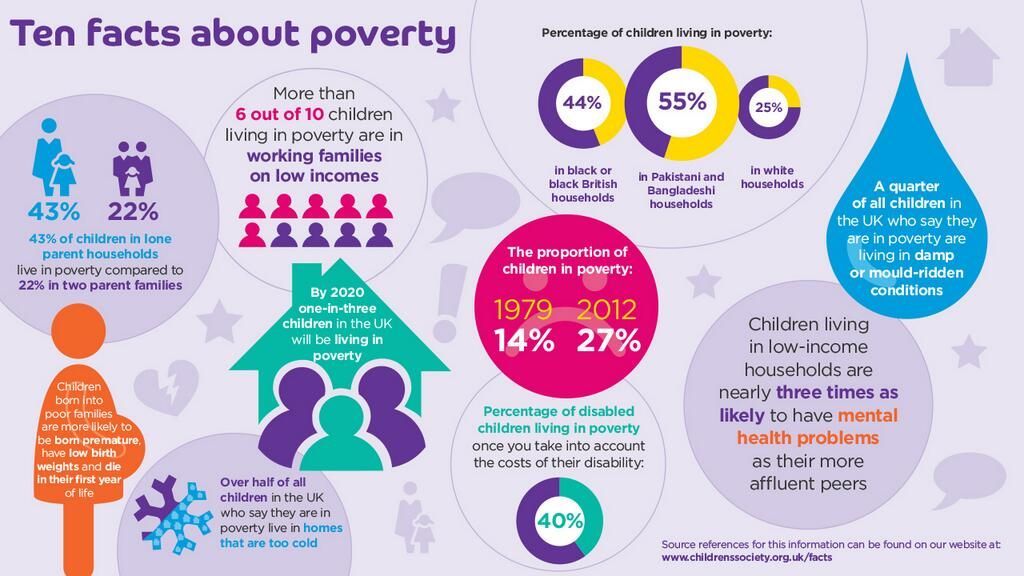 Online therapy could be a consideration for you as you deal with the effects of childhood favoritism in your adult life.
Online therapy could be a consideration for you as you deal with the effects of childhood favoritism in your adult life.
Family Dynamics Can Be Challenging
Get Support From An Online Therapist
One form of therapy in particular, family therapy, has been shown to improve family dynamics and relationships. However, individual counseling is also effective for treating some of the effects of favoritism, such as low self-esteem.
Licensed therapists like those at BetterHelp can help you process the emotional effects of growing up with favoritism in your family. Or, maybe you are a parent who realizes that you are showing favoritism, a therapist may then be able to help you figure out what lies behind your choices and actions. If time is a constraint for you, you can meet with a therapist whenever it suits you best. You can also meet with a therapist in your home or even in your car. Below are some reviews of BetterHelp counselors from people experiencing similar issues.
“I started working with Jeana a few weeks ago, mainly because I am trying to really step out and learn who I am without the influence of my family and others. She has been so very helpful in guiding me through this process and helping me manage those emotions that will pop up while trying to dig through life.”
“Kris has been helping me for over a year and a half now. Whether it’s dealing with the day-to-day stresses of work or deep-seated issues from my childhood, she brings sensitivity, insight, and gentle humor… She’s pretty awesome, and I’m happy to be able to connect with her via this platform.”
TakeawaySome adults may not realize that showing favoritism can have negative effects on both the favored and unfavored child. The favored child may develop a sense of entitlement and become used to getting their way, which can lead to problems. The unfavored child, on the other hand, may feel resentful and become withdrawn. In some cases, favoritism can lead to serious mental health problems like depression or anxiety. If you witness favoritism, there are things you can do to mitigate the effects. If the problem persists, family therapy or individual counseling may be necessary to help address the underlying issues.
In some cases, favoritism can lead to serious mental health problems like depression or anxiety. If you witness favoritism, there are things you can do to mitigate the effects. If the problem persists, family therapy or individual counseling may be necessary to help address the underlying issues.
Consequences of Favoritism with Your Children
If you've got more than one kid, you're showing favoritism, whether you know it or not. Here's why you need to stop—and how to do it.
1 / 11
Yuricazac/Shutterstock
What favoritism is—and isn’tFavoring one child over another is a thing, but before you freak out, take a deep breath, and address the elephant in the family room—favoritism does not mean you love one child more than the other. It does, however, mean you’re giving one child more attention than their siblings. As innocent as that may sound, it’s not, and can have consequences for all your children throughout their lives, affecting their relationships with each other, and with you.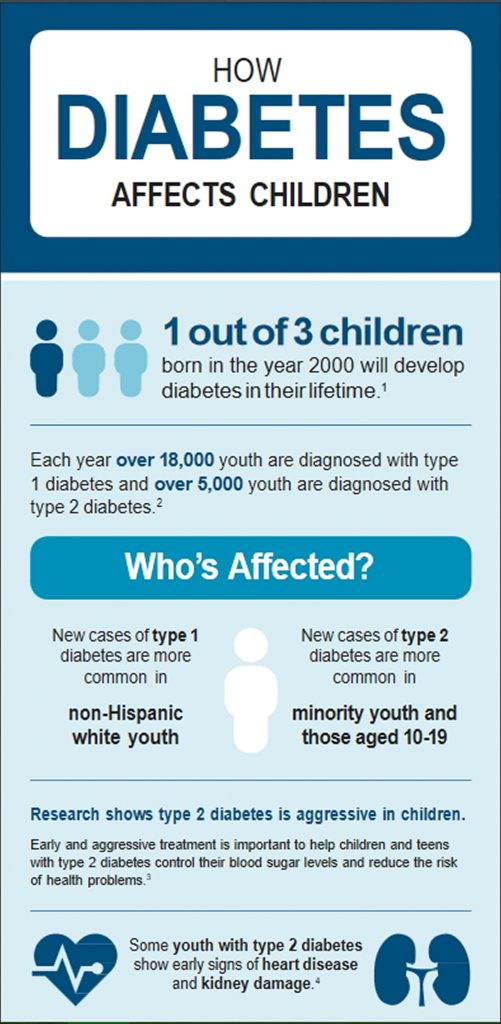
Find out 13 ways to stop sibling rivalry before it starts.
2 / 11
Rido/Shutterstock
Why favoritism happens… sometimes“Parents may favor one child over another, for a lot of reasons. The child may have an easy temperament or might behave particularly well. They may look like you, or remind you of a favorite relative,” says Susan Newman, Ph.D., a social psychologist, and author of Little Things Long Remembered: Making Your Children Feel Special Every Day. “But regardless of the reason, every child must be made to feel loved and special, in order to fully thrive.” Newman warns that overtly favoring one child over their siblings, especially for an extended period of time, can have a significantly negative effect on your other children. “Favoritism may not represent a difference in the love you feel, but it can look, and feel that way to your children—both the one who is favored, and the ones who are not,” she adds.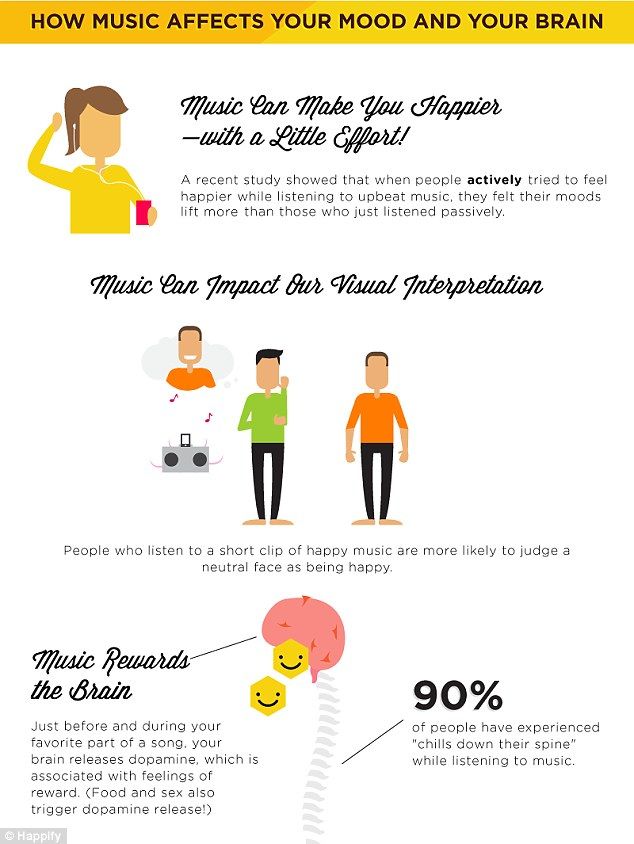
3 / 11
Jacob Lund/Shutterstock
Why favoritism happens… other timesBefore you start beating yourself up for giving more to one child over another, it’s important to remember that, in addition to their differences in personality, behaviors, and traits, children’s needs also differ. “It’s impossible to treat all your children the same, because every child is different, with different needs,” explains Dr. Newman. Your children’s ages differ, as do their emotional, physical, and mental development. Their situations are also different from each others’. One child may need homework help daily, while another coasts easily through algebra. One may be having boyfriend woes, and needs you to serve as a sounding board, while the other is separating from you by spending most of their time outside, or on the phone.
Here’s how birth order can affect your health.
4 / 11
Dragon Images/Shutterstock
How favoritism hurts“The unfavored child can feel defeated, and unmotivated, as a result of working hard to get parental affirmation and support, with no success,” says Yelena Gidenko, PhD, LPC, a licensed professional counselor.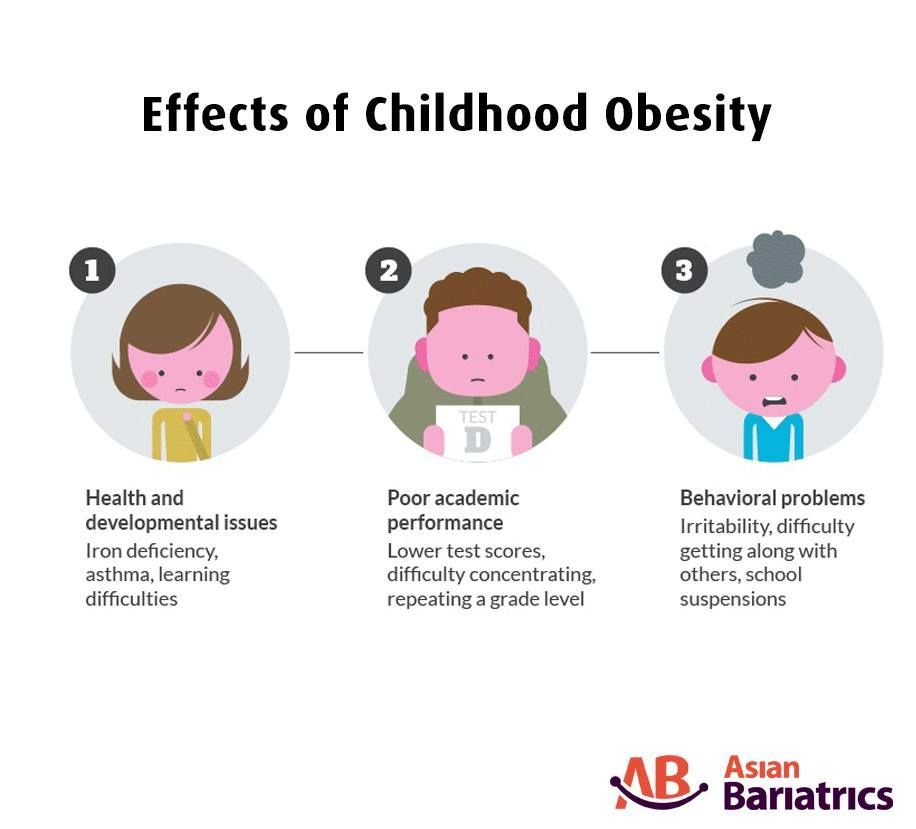 “He or she may also suffer from depression and become angry, bitter, resentful, or jealous,” she adds. Children feeling this way may act out, in an effort to get their parent’s attention, making matters worse. They may also indulge in inappropriate behaviors, becoming the black sheep, they believe their parents already see.
“He or she may also suffer from depression and become angry, bitter, resentful, or jealous,” she adds. Children feeling this way may act out, in an effort to get their parent’s attention, making matters worse. They may also indulge in inappropriate behaviors, becoming the black sheep, they believe their parents already see.
5 / 11
gpointstudio/Shutterstock
Ways it can hurt long-term“Unfavored children may have a hard time accepting who they are, since they do not feel accepted by their parents,” adds Dr. Gidenko. As reported by Harvard Health Publishing, lack of self-acceptance can affect many aspects of emotional well-being into adulthood, including body image, the ability to believe in oneself, and the ability to withstand criticism from the outside world.
6 / 11
Filipe Frazao/Shutterstock
Favored children may become spoiled brats…Favoritism is not exactly a cakewalk for the favored child, either.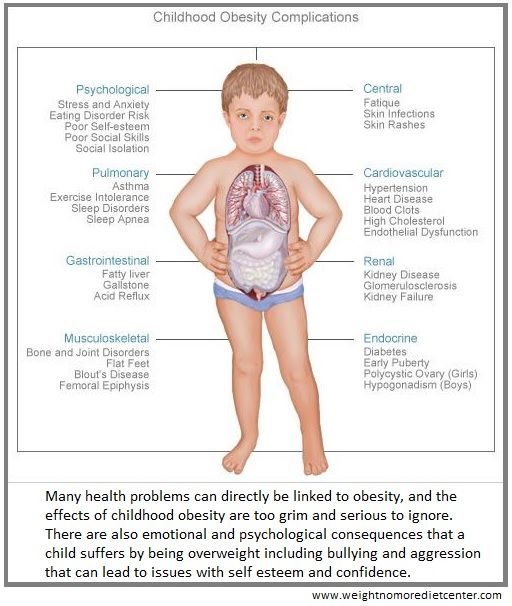 Kids who intuit that they are their parent’s favorite sometimes translate that into a go pass for their behavior in future relationships. “Favored children may feel a sense of entitlement, and that rules do not apply to them,” says Dr. Gidenko. This can adversely affect their ability to sustain mature romantic relationships, It can also affect the way they act in school, at work, and in their friendships.
Kids who intuit that they are their parent’s favorite sometimes translate that into a go pass for their behavior in future relationships. “Favored children may feel a sense of entitlement, and that rules do not apply to them,” says Dr. Gidenko. This can adversely affect their ability to sustain mature romantic relationships, It can also affect the way they act in school, at work, and in their friendships.
7 / 11
bbernard/Shutterstock
…Or wallflowersIt may seem counterintuitive, but the reverse can also occur. Favored children may experience anxiety and insecurity, both during childhood, and later on, stemming from their favorite child status. “Children are instinctive and observant. They know when they are getting praise for things they have not earned, such as being your favorite. For this reason, they know, and fear, that these things might be taken away from them at any time, for any, or for no particular reason,” says Dr. Gidenko.
Gidenko.
8 / 11
Ronnachai Palas/Shutterstock
How parents can fix itDr. Newman urges parents to remember that it is not possible to treat children equally because they are all different. What parents can, and should do, is treat their children fairly, by meeting all of their needs. Before you do the I’m-an-exhausted-parent-how-am-I-going-to-pull-that-one-off eye roll, it’s important to remember that needs are different from wants, or wishes. “Children’s needs are love, affection, warmth, and time with their parents. Parents can equalize that,” she says. It’s important to do, not only for each child’s well-being, but also for the relationships they need to have with each other, throughout life. “Sibling bonds are so important. They are crucial as parents age, and if siblings are all the family each other have, it can be one of the strongest and longest bonds in life. By playing favorites, there’s the potential to undermine that bond, and have siblings who are wary of one another, cautious around each other, and, in the worst case scenario, dislike each other. ”
”
Here are 11 ways you can be BFFs with your adult siblings.
9 / 11
Samuel Borges Photography/Shutterstock
Explain yourselfThe last thing on your “what I feel like doing today” list is probably talking to your kids about how, and why, you treat them the way you do. “According to research, parents don’t talk about this. They don’t say why one child gets more time than another. If they do explain it, however, it alleviates the resentment. They are preserving their bond with each child, who are probably perceiving the favoritism, and reasons for it, all wrong,” says Dr. Newman. “If there’s a reason why you’re more focused on one over the other, talk about it to all of your kids. Explaining the ‘why’ removes the opening for upsets, which could easily become long-term rifts between children, parents, and siblings,” she adds.
10 / 11
wavebreakmedia/Shutterstock
Have floating favoritesAnother tip from Dr.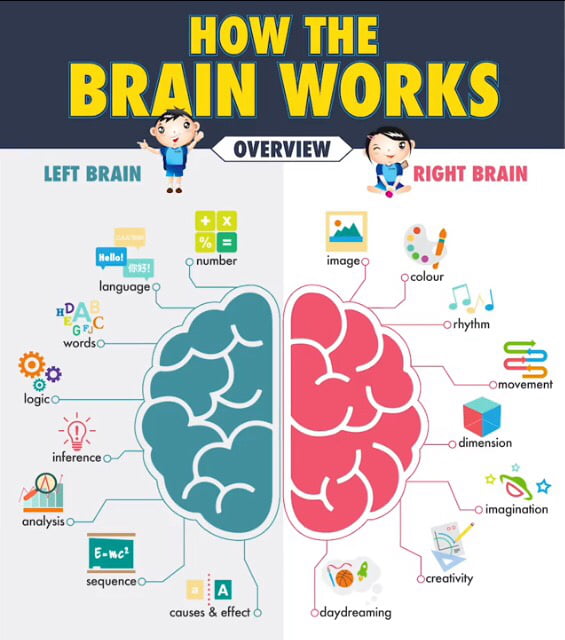 Newman is to become cognizant of how you act towards all your kids and to shift your attention from one to the other, at different times. By having floating favorites, you equalize the playing field, eliminating the resentment which might blossom, otherwise. “No matter what parents do, their children may misinterpret their actions and feelings. By having floating favorites, you help to equalize the playing field, hopefully eliminating some of these misperceptions,” she explains.
Newman is to become cognizant of how you act towards all your kids and to shift your attention from one to the other, at different times. By having floating favorites, you equalize the playing field, eliminating the resentment which might blossom, otherwise. “No matter what parents do, their children may misinterpret their actions and feelings. By having floating favorites, you help to equalize the playing field, hopefully eliminating some of these misperceptions,” she explains.
11 / 11
Pressmaster/Shutterstock
Put them all to workEliminating favoritism might also help keep your house clean. “Part of doing this is to hold all of your children responsible, and accountable, to the same standards. Rotate their responsibilities, such as cleaning up after dinner. Don’t let your favorite child off the hook. Give them all chores to do, as they are able to do them, taking age and ability, into account.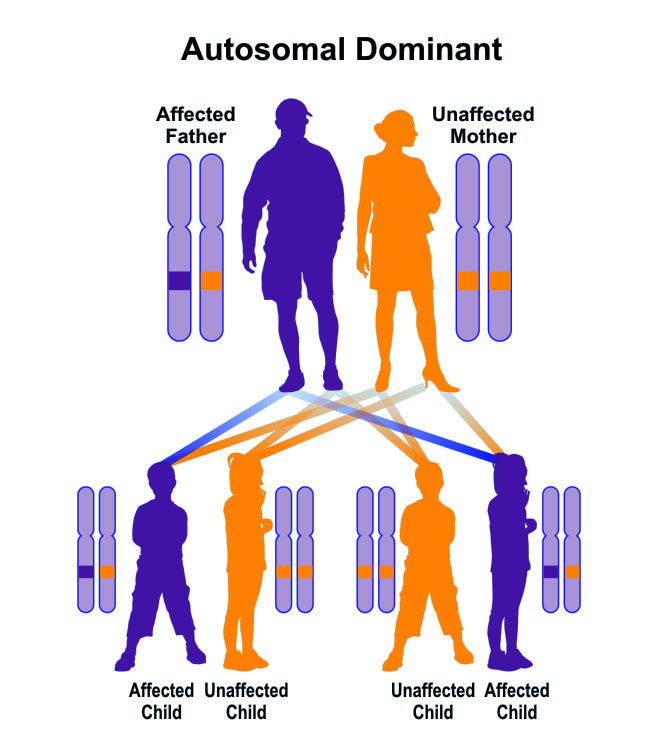 That includes special needs kids, and the little ones, too,” says Dr. Newman.
That includes special needs kids, and the little ones, too,” says Dr. Newman.
Find out what birth order reveals about your personality.
Originally Published: February 26, 2018
Corey Whelan
Corey Whelan is a freelance writer and reproductive health professional who has worked with infertility patients and adopting parents for over 25 years. Her work has been featured in multiple media outlets, including Reader’s Digest, The Healthy, Healthline, CBS Local, and Berxi. Follow her on Twitter @coreygale.
how to make a child an eternal loser or happy
Bad treatment and love (Why are children in the same family so different) children in your own way. In general, many character traits are indeed passed down from generation to generation, but not as often as you might think. Attitude towards children can be so different that they are often different, like strangers. If one of the children is an extrovert, the other with a probability of 85% will not be so. If one suffers from a mental illness - depression or neurosis, the other child with a probability of 90% will be mentally healthy. If you are very smart, chances are your brothers or sisters are not. The most important thing here is this: whether people will be the same depends more on upbringing than on belonging to the same family. Sexually abused children from different backgrounds are more similar to each other than to their non-abused siblings. Favorite children who are not related by family ties are more similar to each other than to their brothers and sisters, who were less loved. If one of the identical twins has been sexually abused or bullied and the other has not, he will be more like the other victim than his genetic counterpart. If children in the same family are similar, answer the question "Why?" much easier than when they are different. In all families, upbringing is somewhat similar. Family culture is reflected in children. For example, both of my parents worked as psychoanalysts.
If one suffers from a mental illness - depression or neurosis, the other child with a probability of 90% will be mentally healthy. If you are very smart, chances are your brothers or sisters are not. The most important thing here is this: whether people will be the same depends more on upbringing than on belonging to the same family. Sexually abused children from different backgrounds are more similar to each other than to their non-abused siblings. Favorite children who are not related by family ties are more similar to each other than to their brothers and sisters, who were less loved. If one of the identical twins has been sexually abused or bullied and the other has not, he will be more like the other victim than his genetic counterpart. If children in the same family are similar, answer the question "Why?" much easier than when they are different. In all families, upbringing is somewhat similar. Family culture is reflected in children. For example, both of my parents worked as psychoanalysts.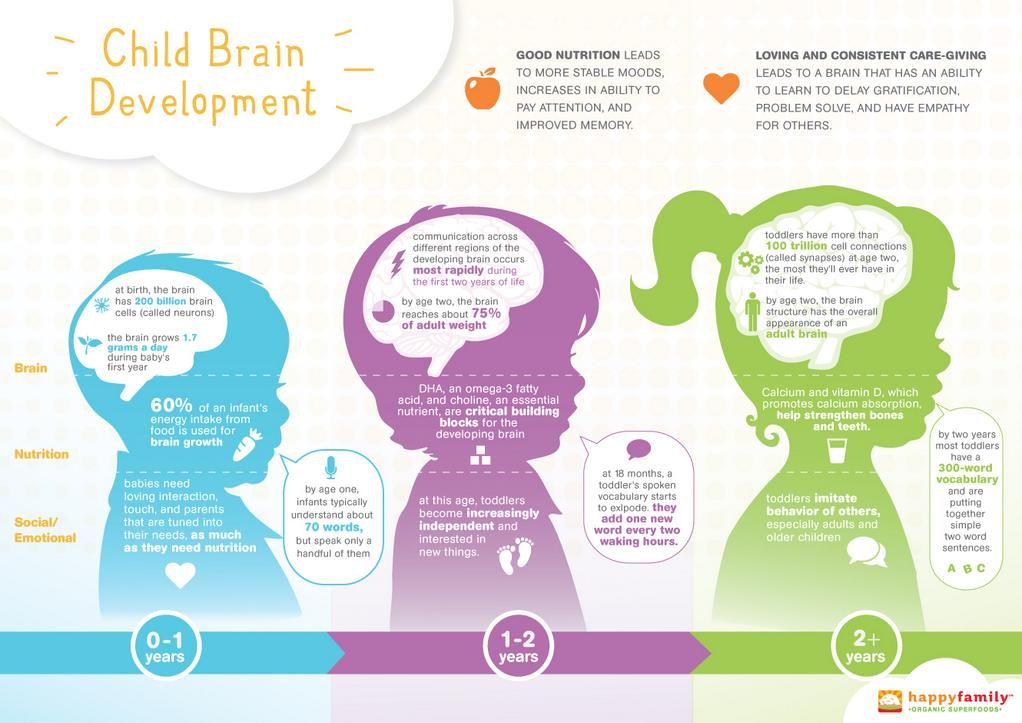
Readers can imagine what heated discussions were going on at our table, and the main subject was the question of what comes first, nature or education. As adults, all four of us went through some form of psychotherapy and became psychotherapists ourselves. My three sisters and I inherited an interest in these matters as a result of our upbringing. Genes have nothing to do with the fact that, as we get together, we are still arguing about the role of genes in our characters. The same applies to many families of engineers or lawyers, where issues related to technology or law are discussed. The fact that the influence of genes on the formation of the same psychology in children in the same family is small or absent is quite obvious. Twin studies have suggested that children's similarity is almost entirely due to genes, but HGH disproves this view: in twin studies, genetic heritability was simply confused with the same upbringing. If you grew up in a conservative family or a family with leftist political views, it is not hard to guess that you will have similar views. You wouldn't argue that middle-class kids read more than low-income kids and score higher on intelligence tests because of their genes.
You wouldn't argue that middle-class kids read more than low-income kids and score higher on intelligence tests because of their genes.
All children are influenced by their parents. People often say: "We were born in the same family, we were raised the same way, but look how different we are - it must be in the genes?" Many people find it much harder to accept differences between children in the same family as non-genetic. In fact, you were not brought up the same way. You had the same parents, but each child developed a different relationship with them. Here are the factors that explain why children who grow up in the same family differ from each other :
• baggage that parents carry over from their own childhood to a particular child;
• the state of the relationship between partners (where there are two parents) at the time of the child's birth and their impact on the individual child;
• the form and content of maltreatment or love for a particular child;
• degree of favoritism towards a particular child;
• The degree to which a particular child is labeled—usually this occurs when parents use the child as a trash can for unwanted feelings ("I'm fine, you're not").
• in what order this particular child was born in the family;
• gender of the particular child;
• what gives rivalry between children (it always exists) to a particular child...
Favoritism
Two-thirds of children say that their parents clearly prefer one of their brothers or sisters. Among the reasons may be as simple as the appearance of the child. Beauty affects the reaction of fathers and mothers, as well as other people. But more often, favoritism is related to family history: parents give preference to a child because of his gender and birth order ...
Labeling
A significant number of children are born unwanted and often have a harmful effect on them. One study measured mothers' negative attitudes towards their babies during the first months of their lives. The children were then tested 40 years later. Children of women who experienced negative feelings about newborns were 18 times more likely to have no strong attachments (meaning they were almost twice as likely to develop mental illness) than children whose mothers were happy to have them many years ago.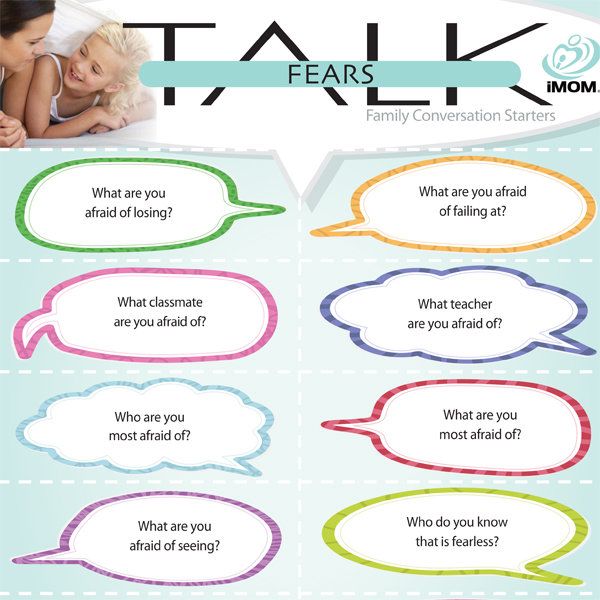 In a very curious study in Czechoslovakia, 220 children were examined who were born after their mothers had been denied abortion twice. The mothers of the unwanted were less likely to breastfeed them than those of the desirable, and at age nine, children had significantly lower school performance, were less diligent students compared to classmates who were more prone to irritability and defensive behavior. At the age of 15, unwanted children were still doing worse, according to teachers, they were less conscientious and obedient. When asked about their mother's attitude towards them, they said that she did not show much interest. The mother either neglected the child, or constantly interfered in his affairs and controlled him too much.
In a very curious study in Czechoslovakia, 220 children were examined who were born after their mothers had been denied abortion twice. The mothers of the unwanted were less likely to breastfeed them than those of the desirable, and at age nine, children had significantly lower school performance, were less diligent students compared to classmates who were more prone to irritability and defensive behavior. At the age of 15, unwanted children were still doing worse, according to teachers, they were less conscientious and obedient. When asked about their mother's attitude towards them, they said that she did not show much interest. The mother either neglected the child, or constantly interfered in his affairs and controlled him too much.
These data are consistent with subsequent large studies that found that adults whose mothers did not want them to be born during pregnancy were three times more likely to suffer from serious mental illness like schizophrenia. A study of five to seven year old children in 172 families helped to understand some of the causes of harmful differential treatment. Most children stated that both parents treated them and their siblings differently, while only a small proportion of parents admitted this (surprise: parents do not want to admit that they have favorites). If a child spoke of special treatment, his parents rarely reported the same. This means that parents prefer (understandably) to consider themselves fair, but it seems that children know better. Significant differences were observed between mothers and fathers.
Most children stated that both parents treated them and their siblings differently, while only a small proportion of parents admitted this (surprise: parents do not want to admit that they have favorites). If a child spoke of special treatment, his parents rarely reported the same. This means that parents prefer (understandably) to consider themselves fair, but it seems that children know better. Significant differences were observed between mothers and fathers.
The level of emotional "discomfort" (in the form of apathy, loss of appetite and ability to enjoy life, suicidal thoughts, prolonged feelings of sadness and despair) predicted dissimilar treatment of children. The same applied to anger. None of these emotions led to differentiated treatment on the part of fathers, which, as expected, highlights the importance of the mother's role. In most families, mothers are more involved in caring for children (time spent with children, as well as active interaction with them) than fathers.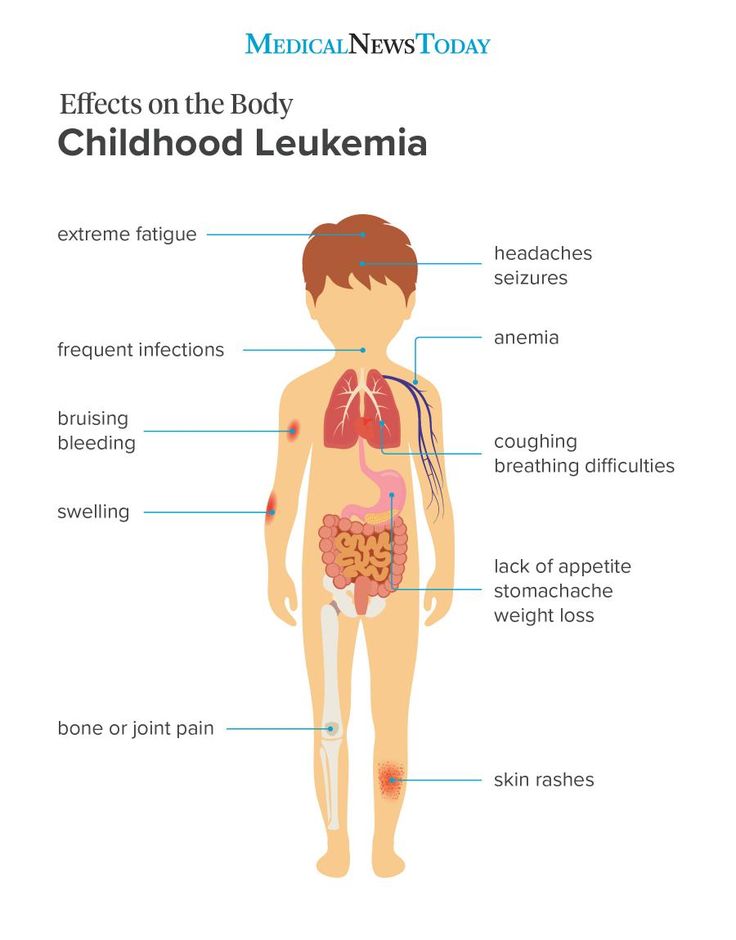 More tasks related to upbringing fall on the shoulders of the mother (for example, take her son or daughter to school and pick her up from there, make an appointment with a doctor). The sheer number of child-related cases makes it more likely that there is a tendency to treat children differently. Throw in discomfort or anger, and it's easy to see why differentiated treatment by the mother has a stronger effect. The study also found that labeling is more common in homes where chaos reigns (noise, lack of order and order). Under stress, differential treatment tendencies are more difficult to control and intensify. In general, single mothers are more likely to treat children differently than those in two-parent families, and this attitude increases with high levels of anger.
More tasks related to upbringing fall on the shoulders of the mother (for example, take her son or daughter to school and pick her up from there, make an appointment with a doctor). The sheer number of child-related cases makes it more likely that there is a tendency to treat children differently. Throw in discomfort or anger, and it's easy to see why differentiated treatment by the mother has a stronger effect. The study also found that labeling is more common in homes where chaos reigns (noise, lack of order and order). Under stress, differential treatment tendencies are more difficult to control and intensify. In general, single mothers are more likely to treat children differently than those in two-parent families, and this attitude increases with high levels of anger.
Single mothers are usually very stressed, not least due to lack of time and money. When all the evaluated factors were taken into account, they were able to explain 17% of cases of differentiated education. But this study did not examine the role of parents' personal history.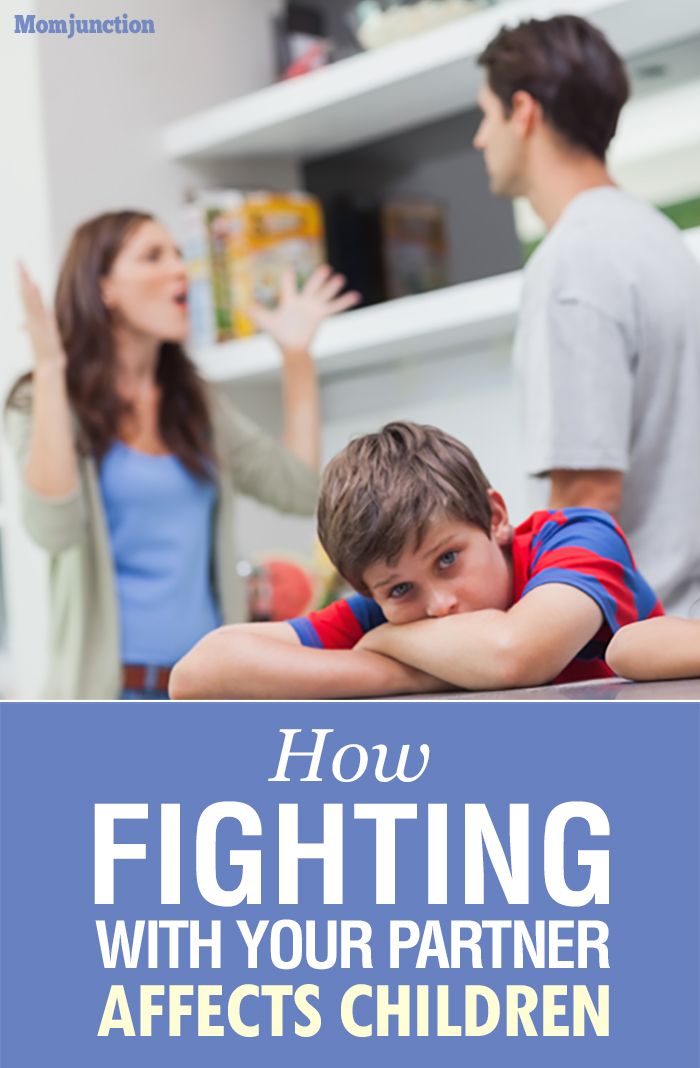 Its significance is probably very high: as we will see in the next chapter, there is strong evidence that character traits are transmitted from generation to generation through education, not genes. Plays are played in families, and the parents' own childhood acts as a screenwriter in them, which in turn was seriously influenced by the childhood of their parents, etc. Consciously not wanting a child is extreme. More often than not, parents simply dislike or despise some of the traits of a particular child, related to his gender, birth order, or perhaps because he reminds them of the resentment that they carry with them from childhood. A prime example of a labeled child is Penny Leach, author of popular parenting books. In 2003, I interviewed Leach for a newspaper article. She said that she was the middle of three sisters and the father loved the eldest daughter more. “We never got along. He was devoted to my older sister until his last day. For him, she personified all the most beautiful things in a girl and a woman - and I also adore her and consider her magnificent.
Its significance is probably very high: as we will see in the next chapter, there is strong evidence that character traits are transmitted from generation to generation through education, not genes. Plays are played in families, and the parents' own childhood acts as a screenwriter in them, which in turn was seriously influenced by the childhood of their parents, etc. Consciously not wanting a child is extreme. More often than not, parents simply dislike or despise some of the traits of a particular child, related to his gender, birth order, or perhaps because he reminds them of the resentment that they carry with them from childhood. A prime example of a labeled child is Penny Leach, author of popular parenting books. In 2003, I interviewed Leach for a newspaper article. She said that she was the middle of three sisters and the father loved the eldest daughter more. “We never got along. He was devoted to my older sister until his last day. For him, she personified all the most beautiful things in a girl and a woman - and I also adore her and consider her magnificent.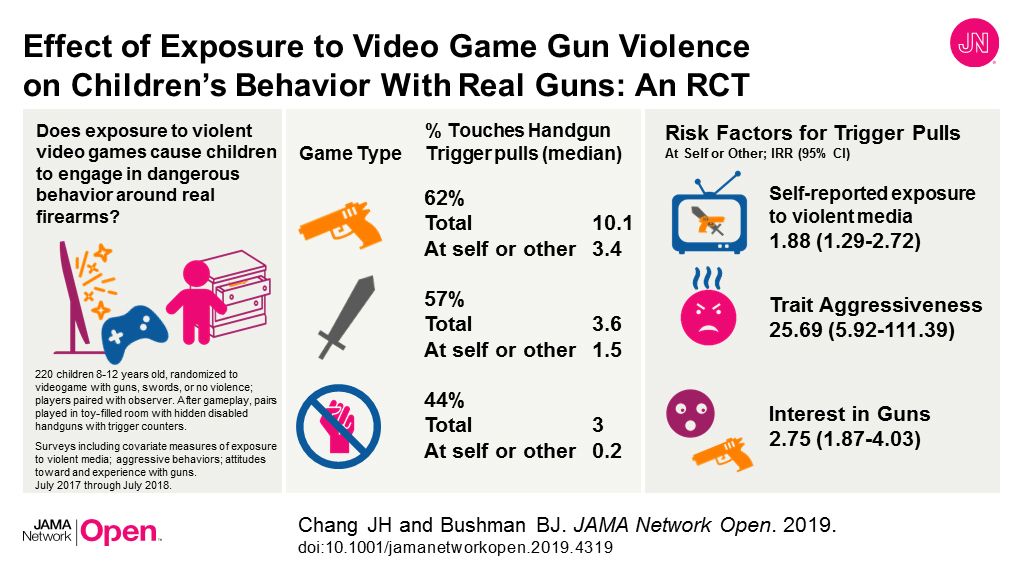 Perhaps if I were a boy, he would have been more interested in me, but one daughter was more than enough for him, although a few years later he got along with a third. Leach's parents divorced when she was 12, and for a couple of years she lived with her mother and father and took care of her sister, who was seven years younger. The younger sister “was basically my first child. We were sent by train to dad, to whom we both did not want to go. He was never a good father and there was no one there to replace his mother. At the age of five, this is difficult to deal with. If you can't keep your own mother around, mothering someone else is a good alternative. I'm still angry at my mother, although in fact it's just my anger, a direct projection. In other words, she felt that her father did not love her, and coped with this by taking care of her sister when they lived with him (which can be described as "I'm not okay, you are"). The dislike of the father may have increased the Lich's desire to help moms and dads see things through the eyes of a child .
Perhaps if I were a boy, he would have been more interested in me, but one daughter was more than enough for him, although a few years later he got along with a third. Leach's parents divorced when she was 12, and for a couple of years she lived with her mother and father and took care of her sister, who was seven years younger. The younger sister “was basically my first child. We were sent by train to dad, to whom we both did not want to go. He was never a good father and there was no one there to replace his mother. At the age of five, this is difficult to deal with. If you can't keep your own mother around, mothering someone else is a good alternative. I'm still angry at my mother, although in fact it's just my anger, a direct projection. In other words, she felt that her father did not love her, and coped with this by taking care of her sister when they lived with him (which can be described as "I'm not okay, you are"). The dislike of the father may have increased the Lich's desire to help moms and dads see things through the eyes of a child .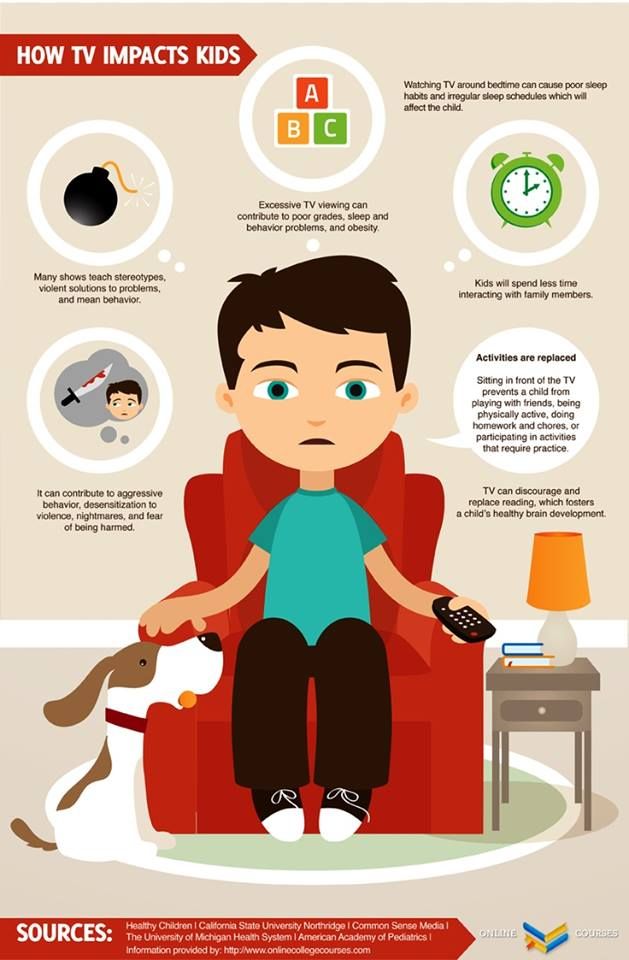 ..
..
Usually mothers and fathers put their strongest beliefs, their best and worst qualities into the older child, but the birth of subsequent children weakens parental influence. If you are an only child, the power of parental influence grows even more. This is an extreme manifestation of the role that birth order plays...
What to do?
Three tips
1. Find out your role in the family drama . Try to write down what roles you think you play - math good or bad, best or worst at sports, favorite or least favorite, etc. In addition to this, it will be interesting to ask siblings and, if possible, parents about how they see your role. Don't make this an event. Just say: “I was thinking about what kind of a child I was, how I was looked at in the family. What do you think my role was - smart, stupid, late or early, lazy or conscientious? It will also be helpful to identify the roles of your siblings. Ask them what roles they think they played.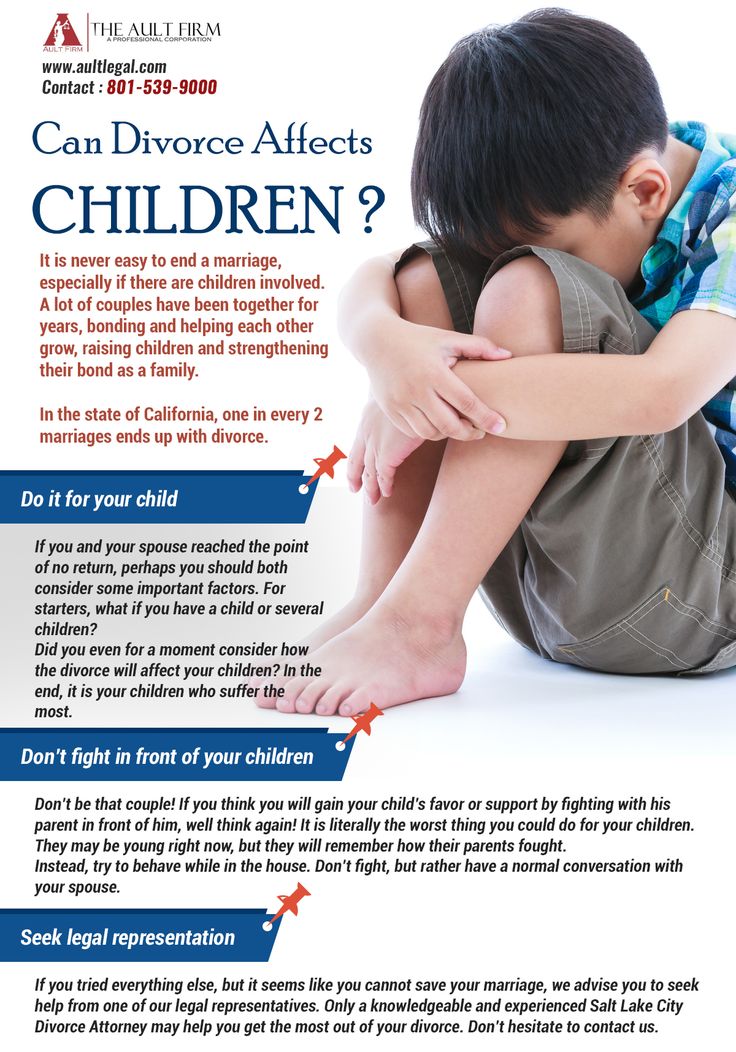 Once you figure it out, you can have some fun together. The next time the whole family gathers, make every effort to behave in the opposite way to the role that has always been played in the family. For example, if you're all at your parents' house for Christmas and you've always been seen as talkative and argumentative, try to be quiet and not contradict anyone. If you are considered lazy, volunteer to wash the dishes. It's amazing how much relatives will continue to ascribe to you the familiar role, even despite the changed behavior. When we return to the family, we often become the same as we were in childhood. A dominant and aggressive leader can become a silent and accommodating person in the presence of parents and siblings. If you deliberately try to behave differently than the family expects, don't be surprised if they try to return your normal behavior. As an exercise for therapeutic purposes, it can be useful to act contrary to the stereotype. For example, if you are shy or an extrovert, you can get a new experience by feeling what it is like to be your opposite.
Once you figure it out, you can have some fun together. The next time the whole family gathers, make every effort to behave in the opposite way to the role that has always been played in the family. For example, if you're all at your parents' house for Christmas and you've always been seen as talkative and argumentative, try to be quiet and not contradict anyone. If you are considered lazy, volunteer to wash the dishes. It's amazing how much relatives will continue to ascribe to you the familiar role, even despite the changed behavior. When we return to the family, we often become the same as we were in childhood. A dominant and aggressive leader can become a silent and accommodating person in the presence of parents and siblings. If you deliberately try to behave differently than the family expects, don't be surprised if they try to return your normal behavior. As an exercise for therapeutic purposes, it can be useful to act contrary to the stereotype. For example, if you are shy or an extrovert, you can get a new experience by feeling what it is like to be your opposite. Start exploring what it's like to be a different person than the way your family saw you, and then a new you can be born.
Start exploring what it's like to be a different person than the way your family saw you, and then a new you can be born.
2. Consider how your birth order, gender, etc. affect your role in the family. Once you have defined your role, analyze how you got it. Perhaps you have always been relatively unambitious and reserved. Perhaps older siblings were frighteningly assertive. If you dared to stand up to a smart, athletic, or attractive sibling in an area where they were successful, they would quickly knock you down. To cope with this state of affairs, you relaxed and gave up the competition. It can be as simple as that, but it's also usually your parents who define the role for you, often based on their own history. Perhaps one of them played the same role in the family and then assigned it to you. If you were the youngest child in the family, it was difficult to attract attention to yourself, so you adjusted to them by playing your part. Again, if you are the youngest, you may have been neglected for quite mundane reasons: your parents were so busy taking your older ones to extra math classes, ballet lessons or football practice that you had to drag them around for the first five years, always in the tail , emotionally ignored.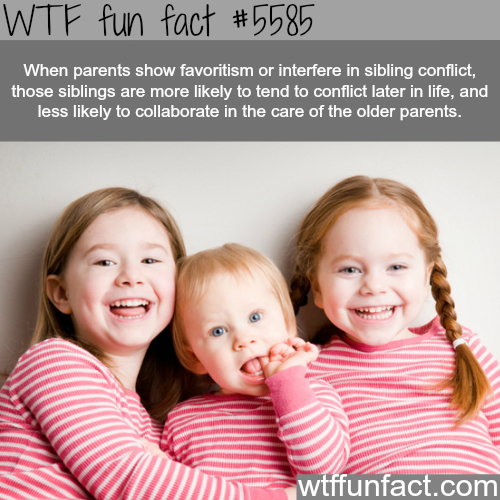 It's also possible that you weren't given enough attention because your parents ran out of parts of themselves to reward you with. For example, both father and mother wanted one of their children to succeed in school, and this niche was filled by the eldest. In a large family where you are the fourth or fifth child, there will be no unfulfilled ambitions for you. Analyzing how birth order, gender, rivalry between children, favoritism, and labeling has affected you can be very helpful. It can be difficult to solve problems that arose in early childhood and are described in the last chapter, because they are difficult to remember, but you can remember things like role in the family; in addition, information received from relatives will help you. As you piece together your story, you can free yourself from persistent stereotypes. It should not be forgotten that much of what is happening may be the result of events that happened several generations ago, as we will see in the next chapter. You can make a surprising discovery when you realize that the quality you don’t like about yourself (lazy, difficult temper, workaholism) is a role that the family passes on to you as adamantly as the royal throne is passed on.
It's also possible that you weren't given enough attention because your parents ran out of parts of themselves to reward you with. For example, both father and mother wanted one of their children to succeed in school, and this niche was filled by the eldest. In a large family where you are the fourth or fifth child, there will be no unfulfilled ambitions for you. Analyzing how birth order, gender, rivalry between children, favoritism, and labeling has affected you can be very helpful. It can be difficult to solve problems that arose in early childhood and are described in the last chapter, because they are difficult to remember, but you can remember things like role in the family; in addition, information received from relatives will help you. As you piece together your story, you can free yourself from persistent stereotypes. It should not be forgotten that much of what is happening may be the result of events that happened several generations ago, as we will see in the next chapter. You can make a surprising discovery when you realize that the quality you don’t like about yourself (lazy, difficult temper, workaholism) is a role that the family passes on to you as adamantly as the royal throne is passed on.
3. Remember the benefits of unfulfilled parenting ambitions. Most of this book is devoted to the negative consequences of parents transferring their own desires to children, but it is incredibly important for us that parents are for us an object of identification. I never forget my first patient, who was referred to me while I was training as a child clinical psychologist. It was a 12-year-old girl who was brought up in an orphanage from early childhood. Her face was blank, devoid of emotion. Not once in all of our sessions did she show the slightest interest in anything. No doubt part of it was due to my inexperience, maybe she just thought I was just another one of a bunch of useless, annoying professionals she didn't intend to pour her heart out to. But from what little she did tell me, I understood that she had been treated with disdain all her life and no adult ever constantly expressed pleasure in her existence or joy in her achievements, large and small. It's been that way since birth.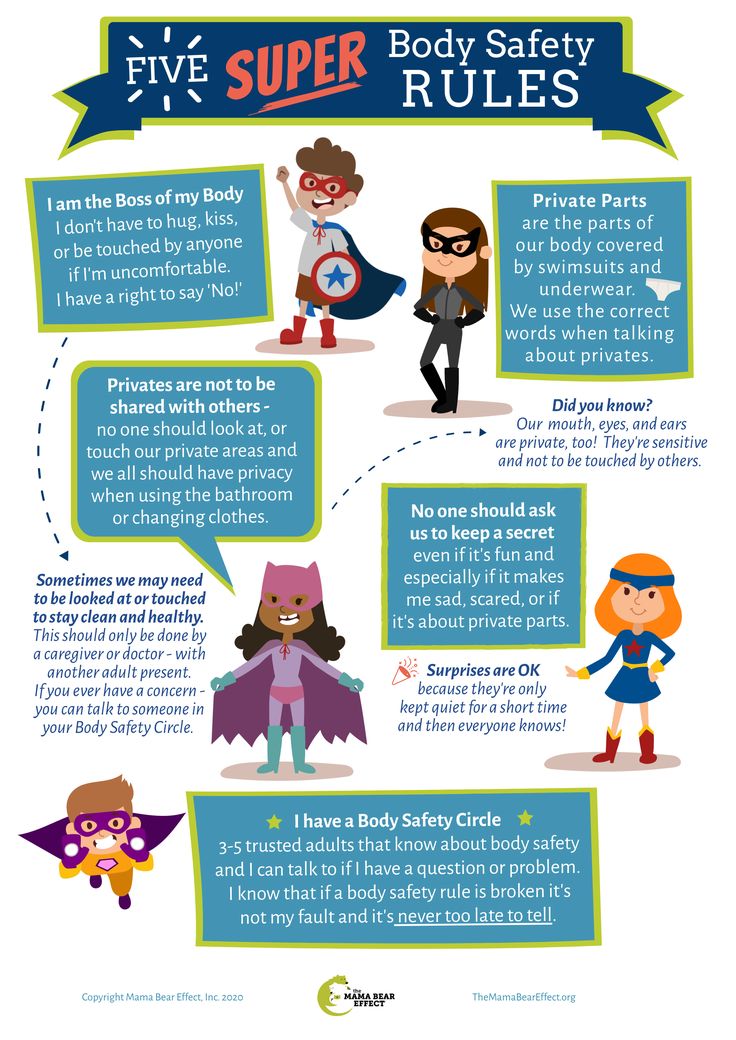 Donald Winnicott's saying "A child does not exist by itself" is true. What he meant was that unless someone provided a positive and empathetic mirror image of the child, he would not develop a sense of self. Only through sensitivity to him will the baby feel that "this is my mouth, into which milk is pouring, this is my tummy, which is filled with food." My patient had no such experience. Her example also confirms the truth of John Bowlby's statement that love is as important to a child's health as vitamins. Without love, a child can die. In an existential sense, my patient died long ago. As we grow from infants to slightly older children, we need parents to express pleasure in our choices and subsequent actions, but more than that, we need to have hopes placed in us. We can reject parental hopes, adjust them, or accept them, but without our parents' hopes for who we will become, it will be difficult for us.
Donald Winnicott's saying "A child does not exist by itself" is true. What he meant was that unless someone provided a positive and empathetic mirror image of the child, he would not develop a sense of self. Only through sensitivity to him will the baby feel that "this is my mouth, into which milk is pouring, this is my tummy, which is filled with food." My patient had no such experience. Her example also confirms the truth of John Bowlby's statement that love is as important to a child's health as vitamins. Without love, a child can die. In an existential sense, my patient died long ago. As we grow from infants to slightly older children, we need parents to express pleasure in our choices and subsequent actions, but more than that, we need to have hopes placed in us. We can reject parental hopes, adjust them, or accept them, but without our parents' hopes for who we will become, it will be difficult for us.
Favoritism and its impact on the Russian state and society
This article examines the phenomenon of favoritism in Russia.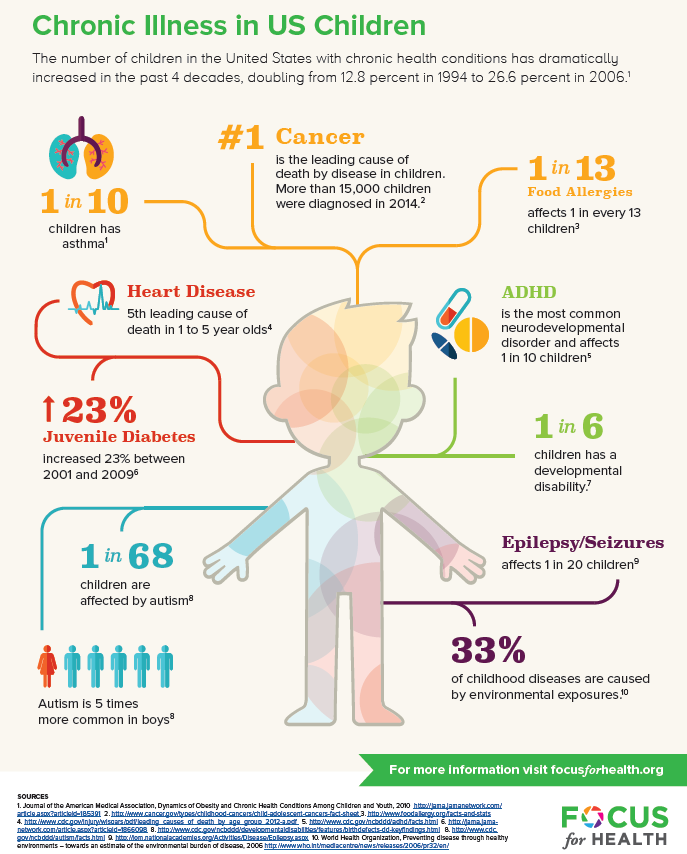 The concept of favoritism is given, the reasons for the emergence of this phenomenon in the Russian Empire. It tells about the privileges received by the close Russian tsars, and the consequences of this. Examples of the influence of famous favorites of Russian monarchs on the Russian state and society are given. In conclusion, the article explains the reasons for the phenomenon of favoritism in Russia in the 13th century, and concludes that the influence of this phenomenon on the course of public life depends on the personality of the favorites.
The concept of favoritism is given, the reasons for the emergence of this phenomenon in the Russian Empire. It tells about the privileges received by the close Russian tsars, and the consequences of this. Examples of the influence of famous favorites of Russian monarchs on the Russian state and society are given. In conclusion, the article explains the reasons for the phenomenon of favoritism in Russia in the 13th century, and concludes that the influence of this phenomenon on the course of public life depends on the personality of the favorites.
Keywords : favoritism, favorite, state, people, history, state activity, empress, emperor, enrichment, Russian Empire, co-ruler, associate, monarchy, interests, power, purpose.
Favoritism is patronage provided by a monarch or other high-ranking person to a person (favorite) he likes by granting high positions, titles, great powers, benefits, advantages, as well as undeserved rewards.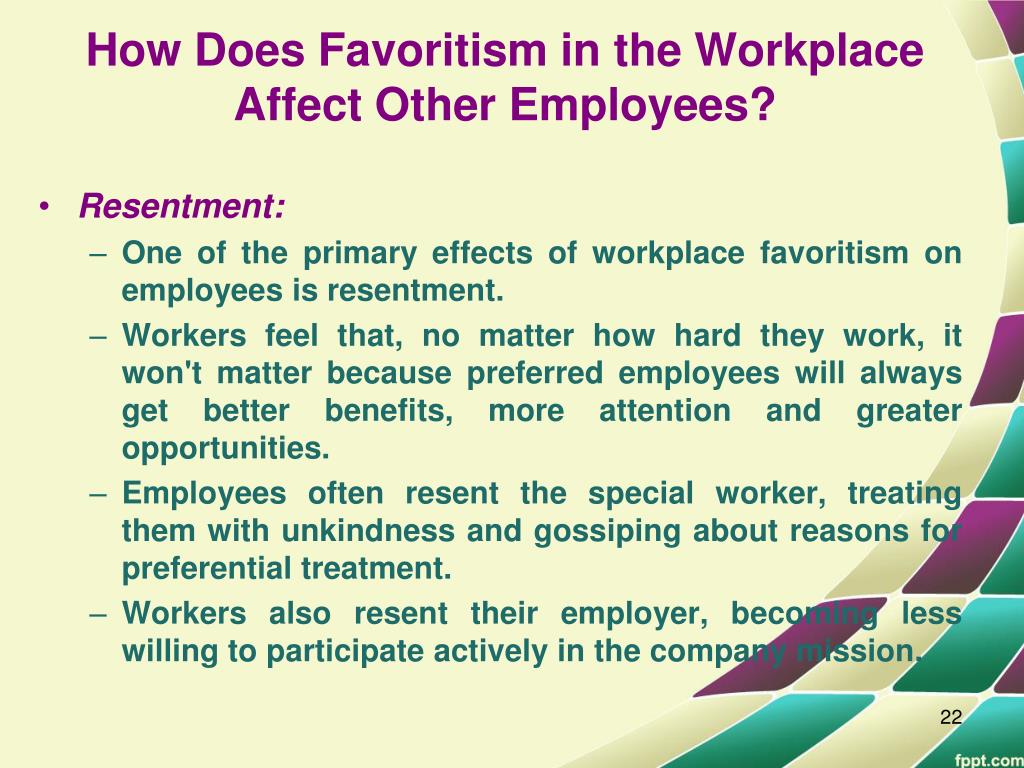
The emergence of favoritism in the Russian Empire is associated with the establishment of an absolute monarchy. The phenomenon of this phenomenon is of interest both as an important historical issue and as a sociocultural phenomenon. The personal relationship of the sovereign to individuals became the driving force in their careers. Approximate Russian tsars played a huge role in the state, created the history of Russia.
Favoritism in Russia reached its greatest "flourishing" in the era of palace coups. The weakening of the reigning dynasty, the presence on the throne of women who could not independently manage the state and succumbed to the influence of intriguers - all these are the reasons that caused the "surge" of this phenomenon. Approximate monarchs had many privileges due to their high patrons. They received high state ranks and posts, also for their close friends and relatives. At the expense of the state treasury, they were given various incentives, awards, expensive gifts, lands, estates, palaces were transferred to their possession.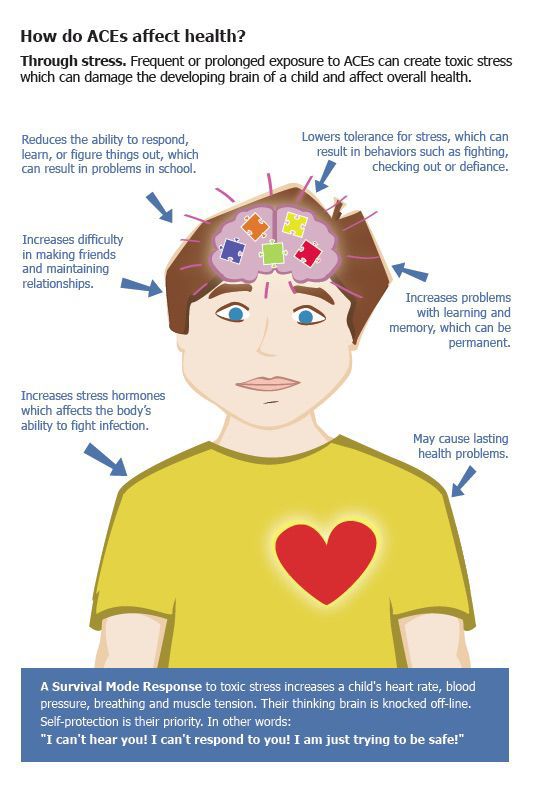 The goal of most of the favorites was personal enrichment, they cared little about the prosperity of the state and, moreover, the well-being of ordinary people. All this had an adverse effect on public administration and the development of society, led to the ruin of the state and people. High patronage provided these favorites to conduct their own policy, not paying attention to the interests of the state, to fill the highest government posts with their "confidants", as well as to persecute and crack down on rivals from among them.
The goal of most of the favorites was personal enrichment, they cared little about the prosperity of the state and, moreover, the well-being of ordinary people. All this had an adverse effect on public administration and the development of society, led to the ruin of the state and people. High patronage provided these favorites to conduct their own policy, not paying attention to the interests of the state, to fill the highest government posts with their "confidants", as well as to persecute and crack down on rivals from among them.
Let us consider the influence of favoritism on the examples of the favorites of the Russian emperors, who had the greatest influence on the course of state life and history.
Alexander Danilovich Menshikov (1672–1729) - Count, prince, Russian statesman and military leader, closest associate and friend of Peter I
He was an indispensable companion of the king, followed Peter inseparably, accompanying him on all his travels and campaigns. He reverently carried out all the orders of the monarch and always achieved the best result. This was facilitated by his inquisitive mind, seething energy, zeal and devotion to Peter. Menshikov possessed the talents of a military leader and administrator, he was a multi-talented person. The favorite of Peter I showed himself as a prominent statesman and talented commander. Menshikov's contribution to the victory over Sweden, to the construction of St. Petersburg and the transformation of Russia is beyond doubt.
He reverently carried out all the orders of the monarch and always achieved the best result. This was facilitated by his inquisitive mind, seething energy, zeal and devotion to Peter. Menshikov possessed the talents of a military leader and administrator, he was a multi-talented person. The favorite of Peter I showed himself as a prominent statesman and talented commander. Menshikov's contribution to the victory over Sweden, to the construction of St. Petersburg and the transformation of Russia is beyond doubt.
But at the same time, Peter's associate abused his position, committed theft, and took bribes. The psychology of the favorite forced him to enrich himself in any dishonest way, which negatively affected society, the money that could be used to improve people's lives settled in the pocket of the approximate king.
Ernst Johann Biron (1690–1772) - favorite of Anna Ioannovna throughout the entire period of her stay on the throne , was , undoubtedly one of the most famous favorites of Russian monarchs. The ruler of the Russian state, Anna Ioannovna, was insufficiently educated, did not have any special abilities, and could not independently rule a vast country. All the time of the reign of Anna Ioannovna Biron, despite the presence of members of the Cabinet of Ministers, he actually ruled Russia undividedly.
The ruler of the Russian state, Anna Ioannovna, was insufficiently educated, did not have any special abilities, and could not independently rule a vast country. All the time of the reign of Anna Ioannovna Biron, despite the presence of members of the Cabinet of Ministers, he actually ruled Russia undividedly.
Enrichment at the expense of the people and the royal treasury became the highest goal of Biron's reign. Therefore, this period in the history of our country is considered a very difficult time, called "Bironism". Biron's main activity was to strengthen his influence at the court of the empress, fight against dissent, and persecute the dissatisfied. The established Secret Chancellery was simply inundated with cases. Several thousand unfortunates were tortured and executed, "thanks" to Biron's suspicion and malice.
In the history of Russia, Biron left the mark of the enemy of the Russian people. This is understandable; by his actions, he aroused the indignation of the Russians. A man of mediocre abilities, immoral by nature, having no state views, a program of activity, unfamiliar with Russian life and people, interfered in all affairs of government, only because of Anna's trust. With the aim of enriching himself and strengthening his position, he exploited the country for his own personal gain. The reign of Anna Ioannovna and her favorite Biron is one of the most inglorious and terrible in the history of Russia.
A man of mediocre abilities, immoral by nature, having no state views, a program of activity, unfamiliar with Russian life and people, interfered in all affairs of government, only because of Anna's trust. With the aim of enriching himself and strengthening his position, he exploited the country for his own personal gain. The reign of Anna Ioannovna and her favorite Biron is one of the most inglorious and terrible in the history of Russia.
During the reign of Catherine II, favoritism gained especially wide proportions. From the entire impressive list of favorites, it is worth highlighting Prince Grigory Alexandrovich Potemkin (1739 -1791) . He had a great influence on the life of the Russian state, remained a close friend of the Empress until her death. The time of Potemkin's power and his influence on the empress coincides with an era filled with high-profile deeds of Catherine the Great. Becomes Catherine's favorite after the end of the Russian-Turkish war in 1774, in which Potemkin's military talent was manifested.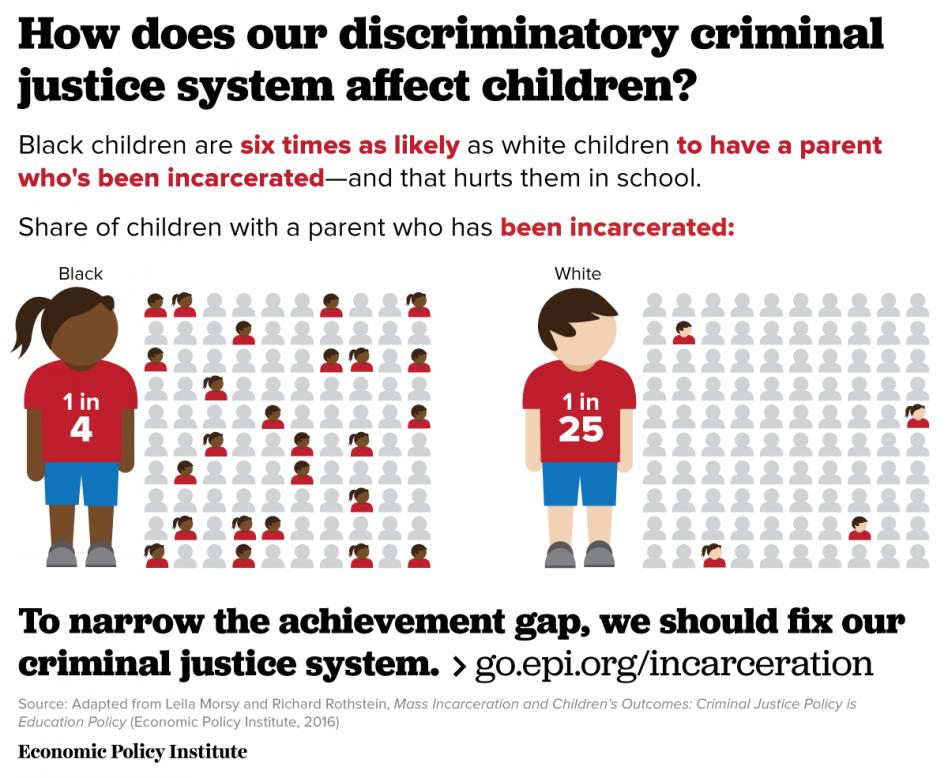 Receiving the support of the empress in everything, Grigory Alexandrovich was actually her co-ruler, helping her in all state affairs. It is Potemkin who owns the glory of the "bloodless" annexation of Crimea to Russia. He played a big role in the further development of the Crimea, as well as Novorossia. He led the resettlement to these areas, under his leadership the cities of Sevastopol and Simferopol began to be built in the Crimea, ships of the Black Sea Fleet were built. Thanks to his abilities, energy and tireless work, Potemkin became one of the most influential people of his time. The Russian Empire during the reign of Catherine II was one of the strongest countries in the world, largely due to such prominent military and statesmen as G. A. Potemkin.
Receiving the support of the empress in everything, Grigory Alexandrovich was actually her co-ruler, helping her in all state affairs. It is Potemkin who owns the glory of the "bloodless" annexation of Crimea to Russia. He played a big role in the further development of the Crimea, as well as Novorossia. He led the resettlement to these areas, under his leadership the cities of Sevastopol and Simferopol began to be built in the Crimea, ships of the Black Sea Fleet were built. Thanks to his abilities, energy and tireless work, Potemkin became one of the most influential people of his time. The Russian Empire during the reign of Catherine II was one of the strongest countries in the world, largely due to such prominent military and statesmen as G. A. Potemkin.
In the 19th century, favoritism was no longer as common as it used to be. The reigning Emperor had an “inner circle”, which, although it influenced politics, was much less than the favorites of the Early Empire period. But considering the phenomenon of favoritism in Russia, one cannot fail to note the last favorite of the Russian throne of the last Russian emperor and empress - Grigory Rasputin (1869-1916) . This favorite was a peasant from a simple peasant class. Perhaps Rasputin would never have been able to become a favorite if it were not for the terrible illness of the heir to the throne. The “old man” was invited to the palace in order to help the heir Alexei cope with the disease, and he miraculously succeeded. Involuntarily, the parents - Emperor Nicholas II and Empress Alexandra Feodorovna - were forced to make Rasputin their favorite.
This favorite was a peasant from a simple peasant class. Perhaps Rasputin would never have been able to become a favorite if it were not for the terrible illness of the heir to the throne. The “old man” was invited to the palace in order to help the heir Alexei cope with the disease, and he miraculously succeeded. Involuntarily, the parents - Emperor Nicholas II and Empress Alexandra Feodorovna - were forced to make Rasputin their favorite.
From 1911 to 1916 Rasputin had the greatest influence on the imperial family. Both the sovereign and the empress spoke with Rasputin about everything. Over time, the Empress convinced herself that Grigory Rasputin was a saint sent by God to save the royal family and all of Russia. Rasputin represented for Alexandra Feodorovna the trinity: "Tsar-Church-People." The favorite, using the unlimited confidence of the empress, began to interfere in state affairs, imposing his will. This concerned not only the appointment to responsible government posts, but also was a direct interference in the military plans of the empire, but the emperor obeyed the requests of his wife.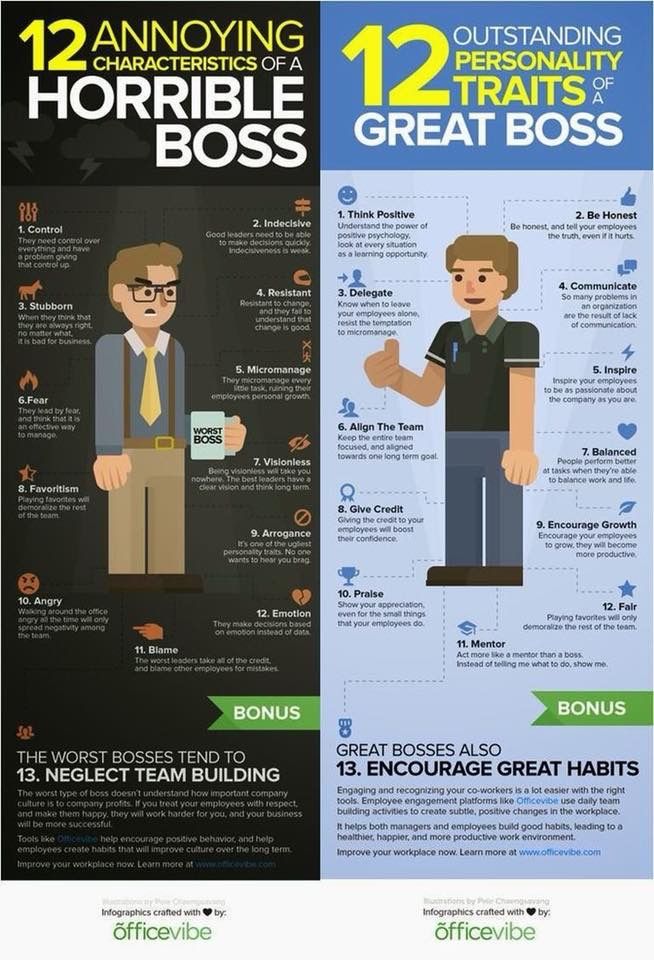 Rasputin went so far as to indicate to the emperor the place and time of military strikes. Gregory explained all this by the fact that, allegedly, prophetic visions regarding military strategy came to him in a dream.
Rasputin went so far as to indicate to the emperor the place and time of military strikes. Gregory explained all this by the fact that, allegedly, prophetic visions regarding military strategy came to him in a dream.
Another example confirming that an “accidental person”, uneducated, completely unaware of politics, can influence state affairs.
On the basis of the examples considered, it can be concluded that royal people, like ordinary people, are characterized by human weaknesses. To rule the state is a heavy burden for those on the throne. The natural desire of the emperor is to have a trusted person who can be relied upon in business. Therefore, there is such a thing as favoritism. But not all the people who came to power, having received the trust of the ruler, were "in their place." Many of the favorites were highly educated and outstanding people with many talents. But among them there were many who had no right to occupy such high positions, in addition, the authorities spoiled these people even more.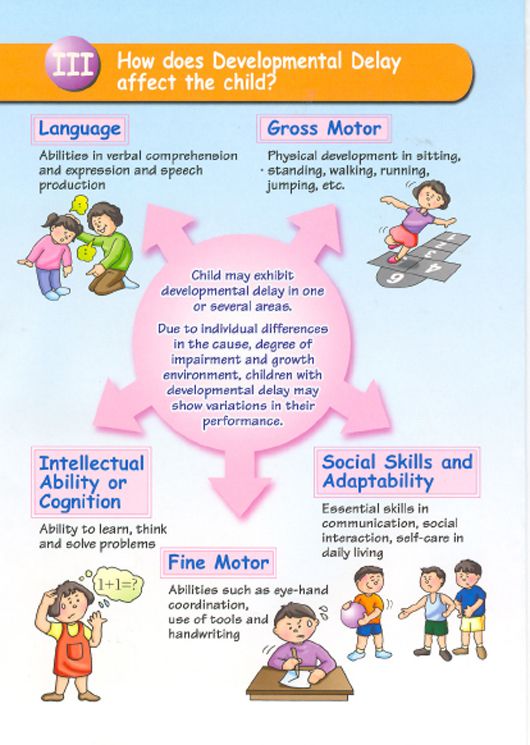
Dolgoruky under Peter II, Biron and Osterman under Anna Ioannovna, the Zubovs under Catherine II, Kutaisov and Arakcheev under Pavel Petrovich are favorites who left a negative mark on the history of Russia.
Among the favorites were those who did a lot for the development of the Russian Empire - Menshikov, Razumovsky, Bestuzhev-Ryumin, Vorontsov, Shuvalov, Orlov, Potemkin.
Literature:
1. Voskresenskaya I. “Favorites at the Russian Throne”, Internet resource: LitMir-Electronic Library, 2014, 78 pages.
2. Zhirtueva N. S. “The personality and activities of Prince G. A. Potemkin in the assessment of contemporaries and historians” Internet resource: Free Internet Library. HISTORY.HISTORIOSOPHY UDC 94(47).066:929Potyomkin, 2016
3. Kurukin I. V. "Biron" Internet resource: LitMir - Electronic Library 119 pages, 2006
4. Matyukhina Yu. A. "Favorites of the rulers of Russia", Internet resource: House of Books 92 pages, 2012
5.